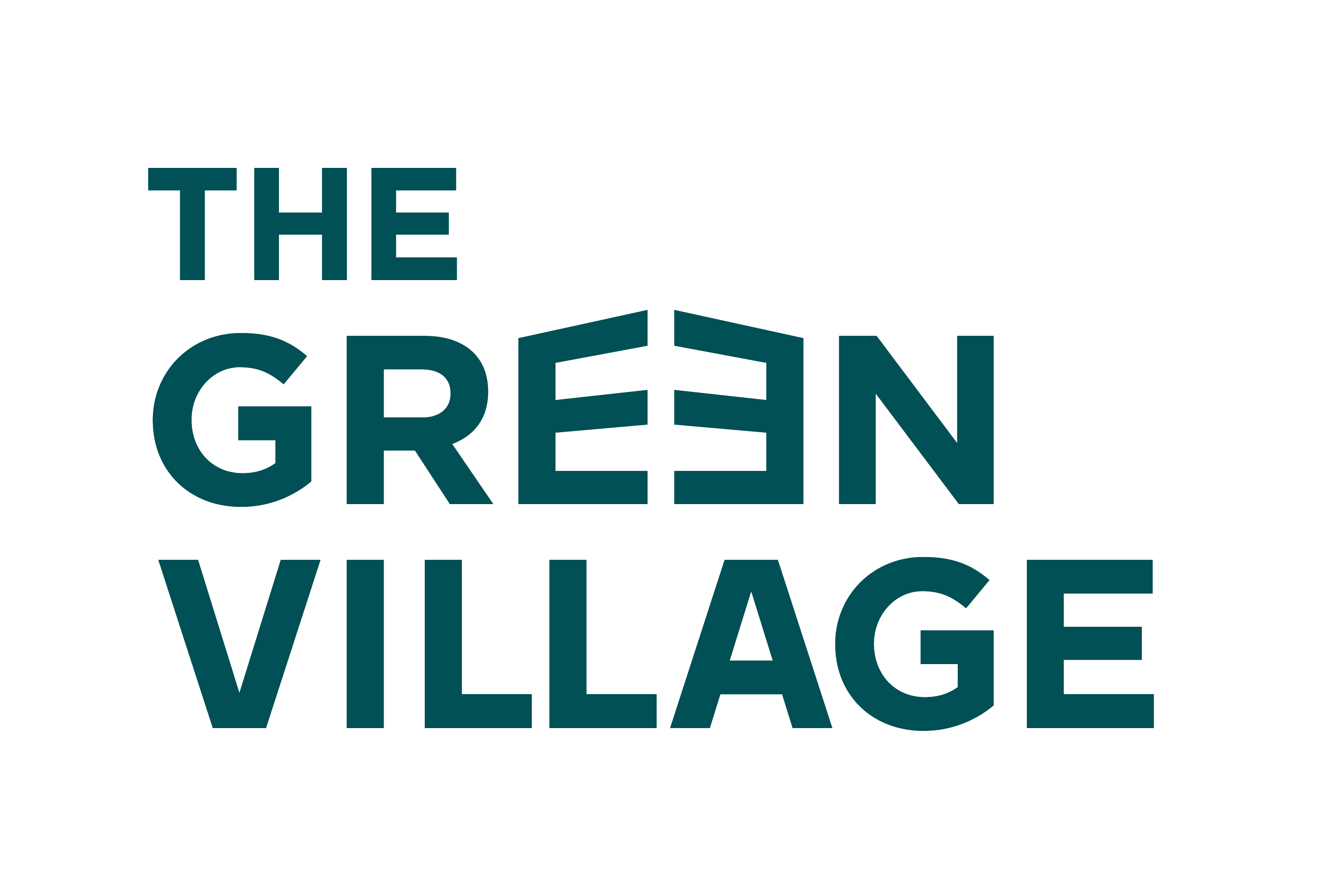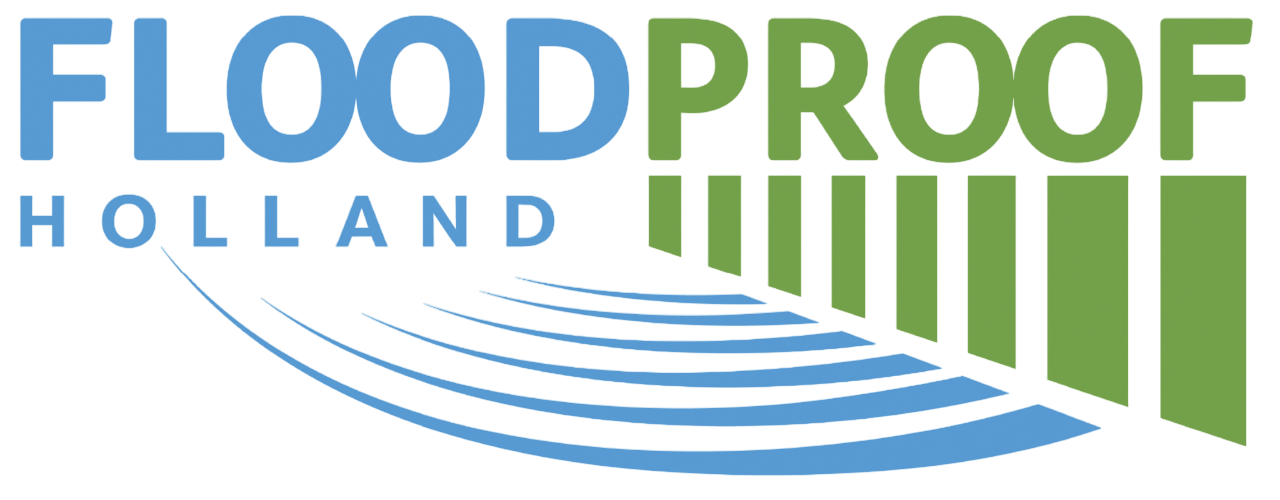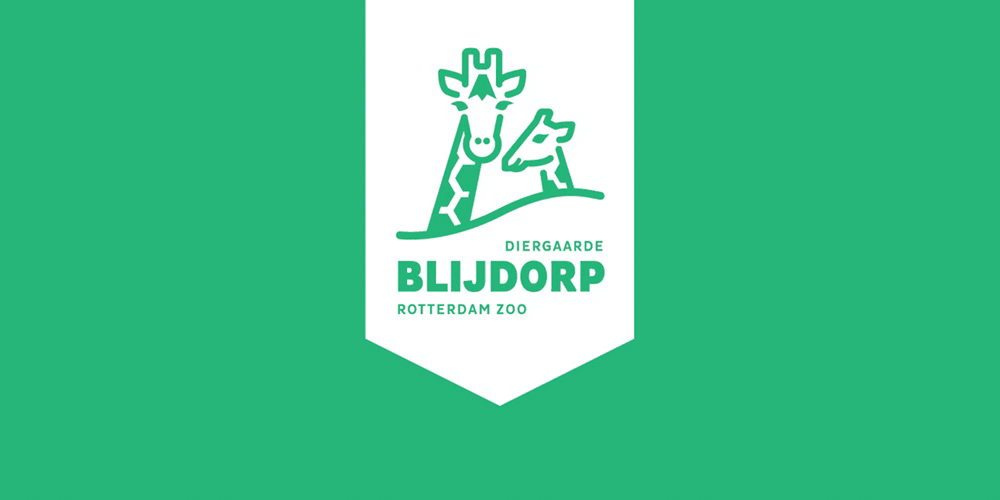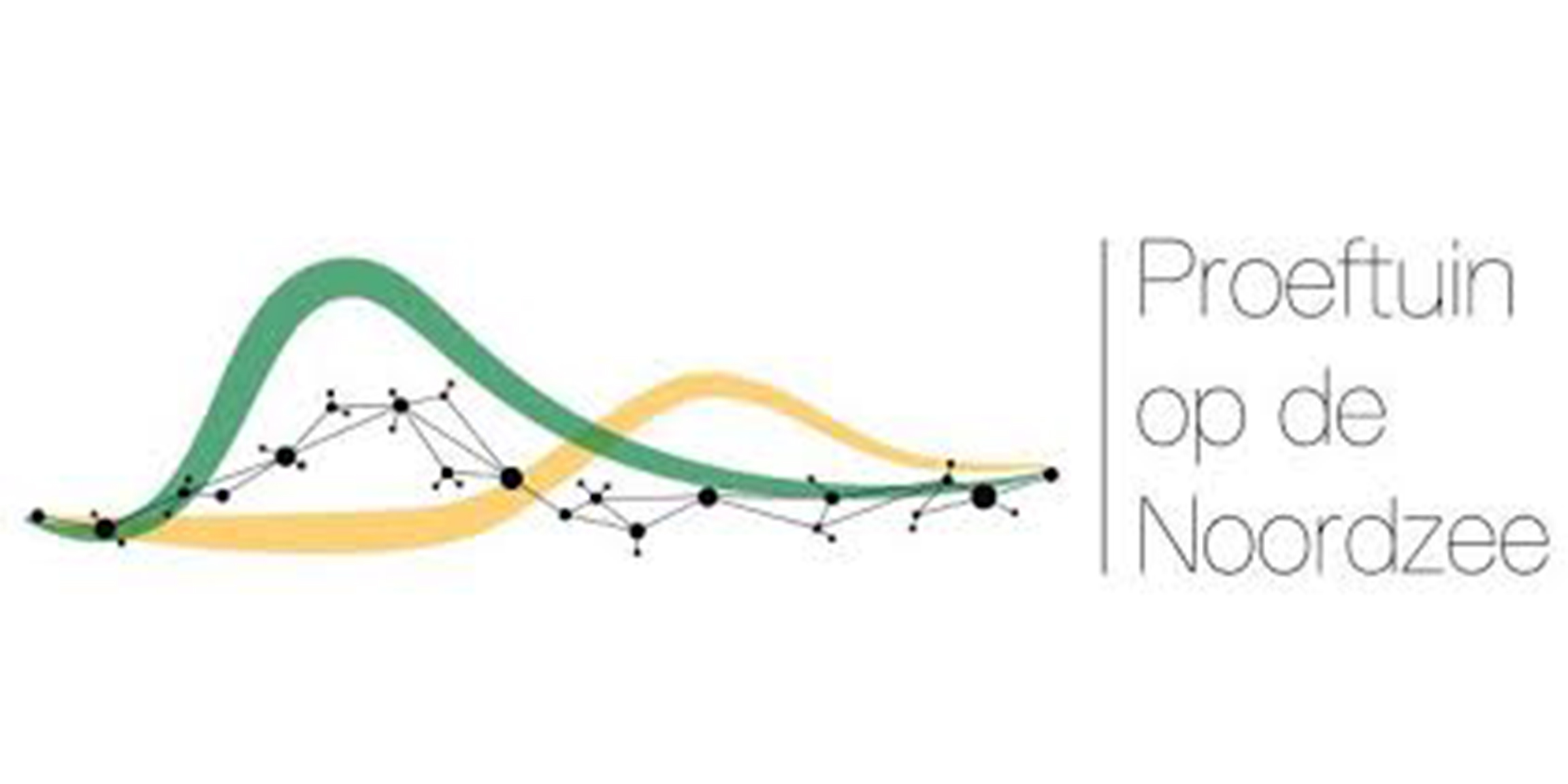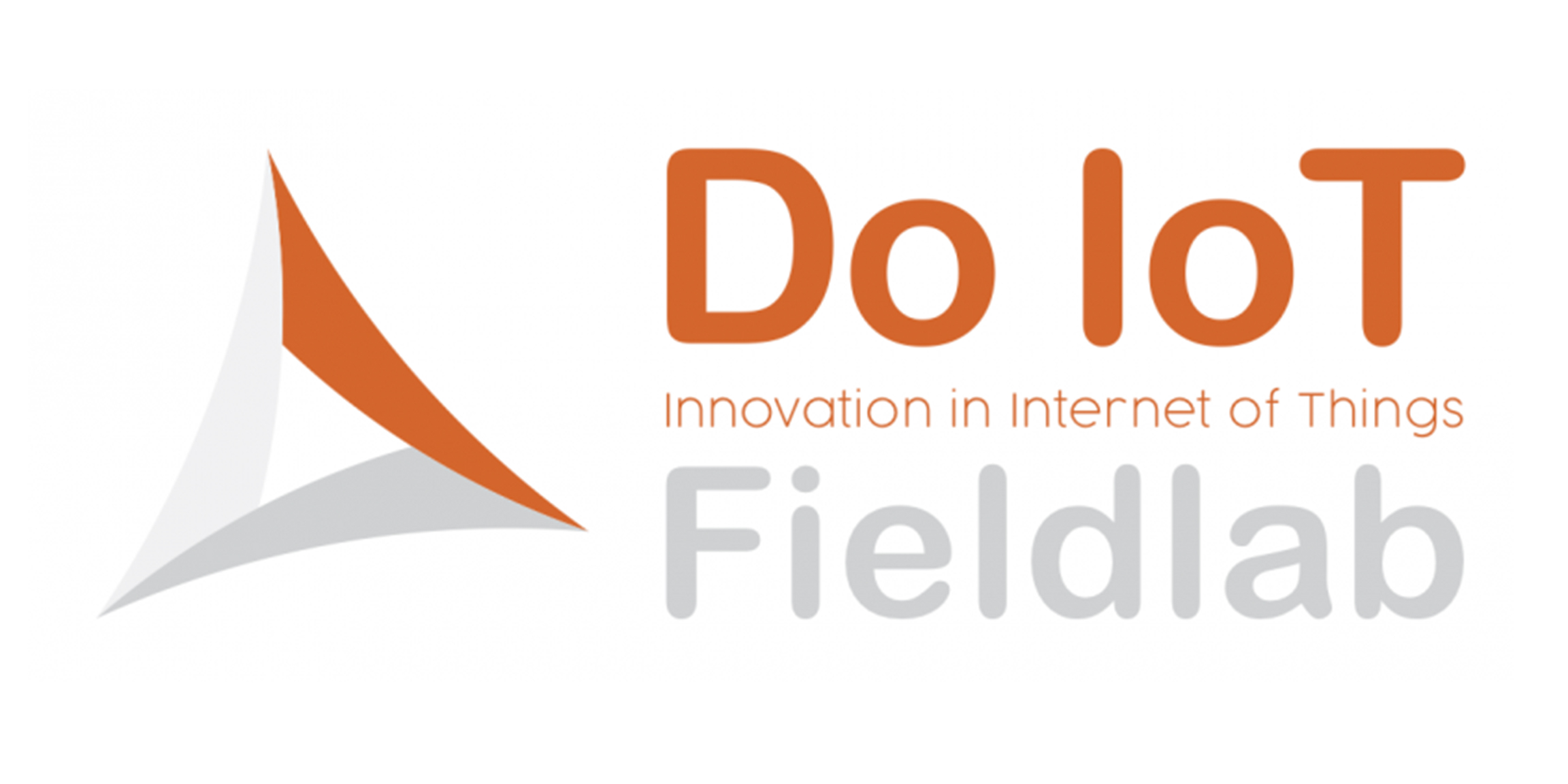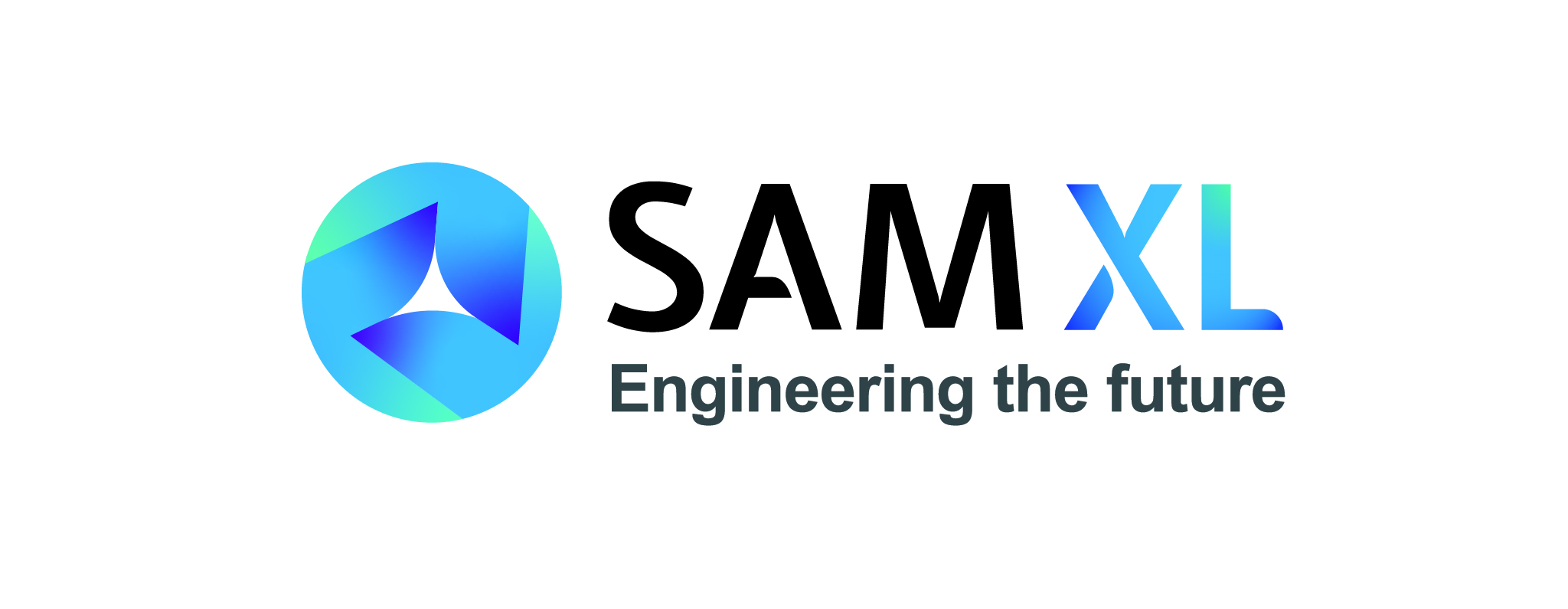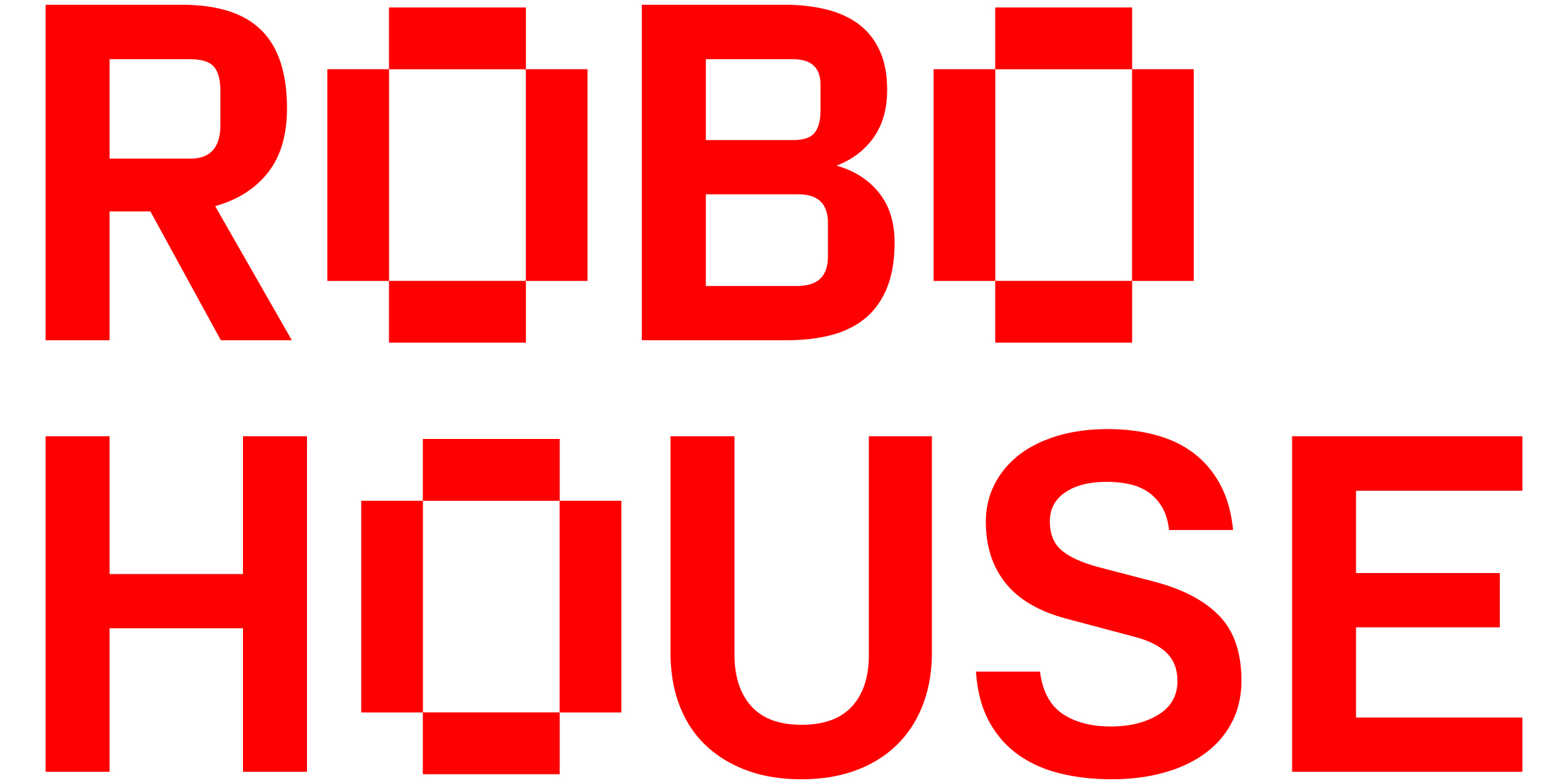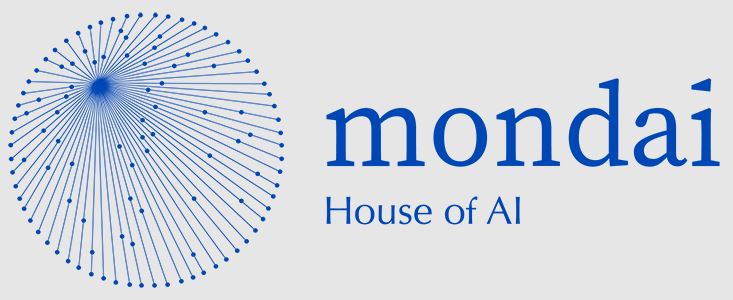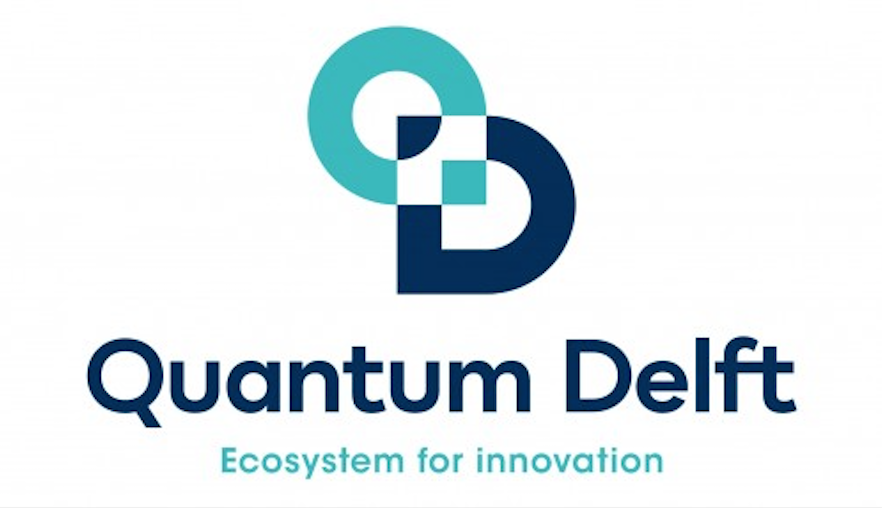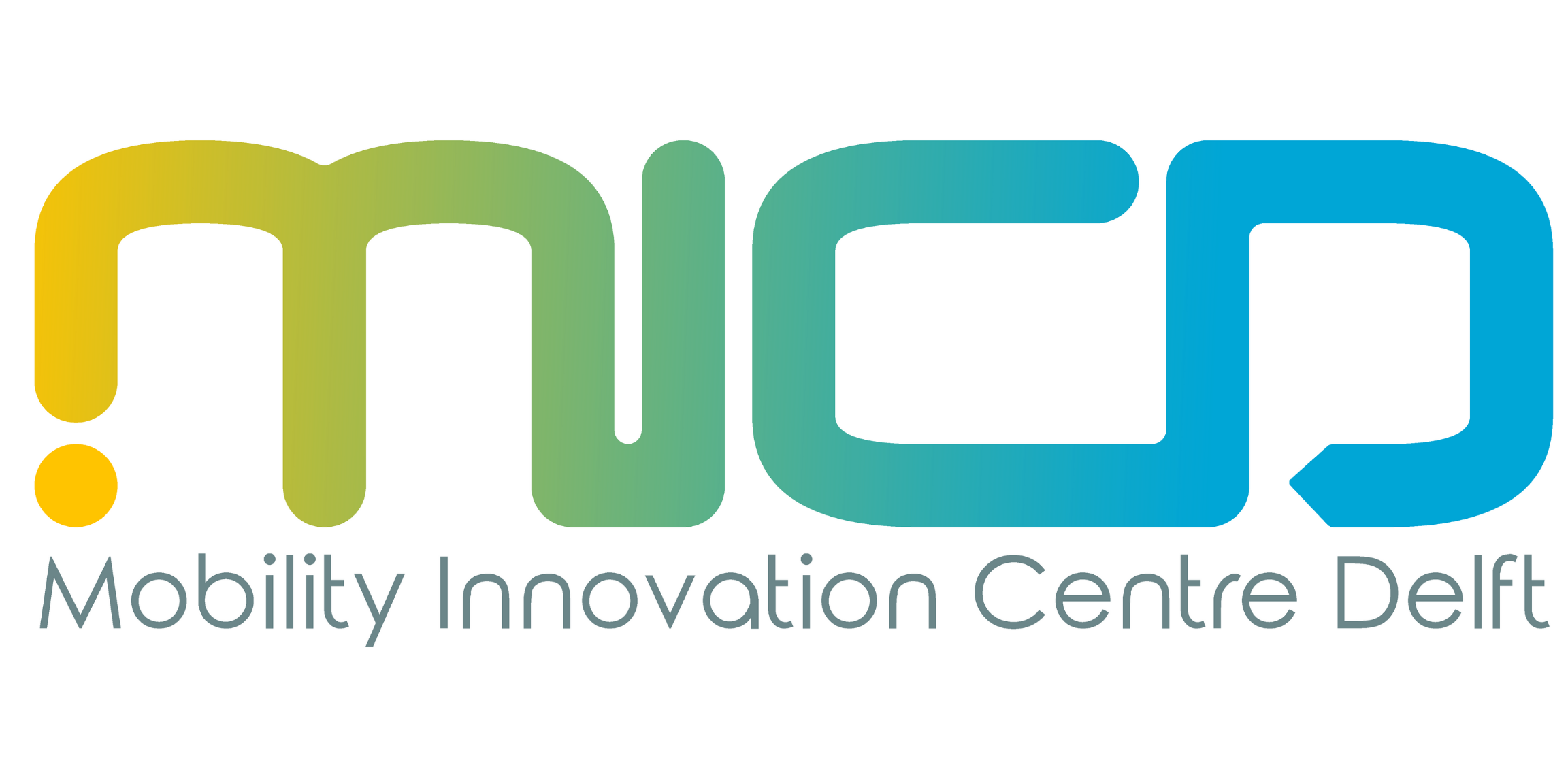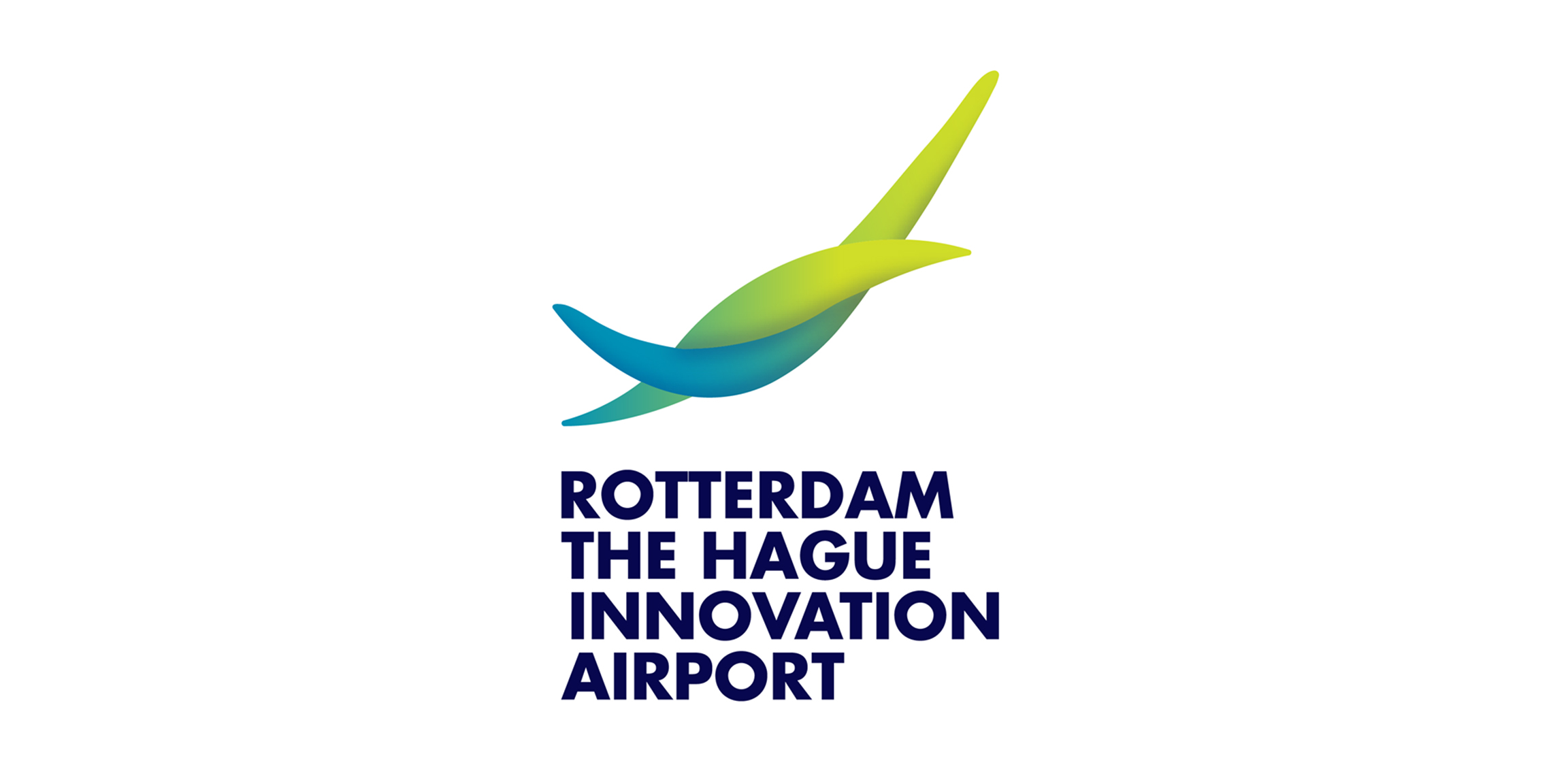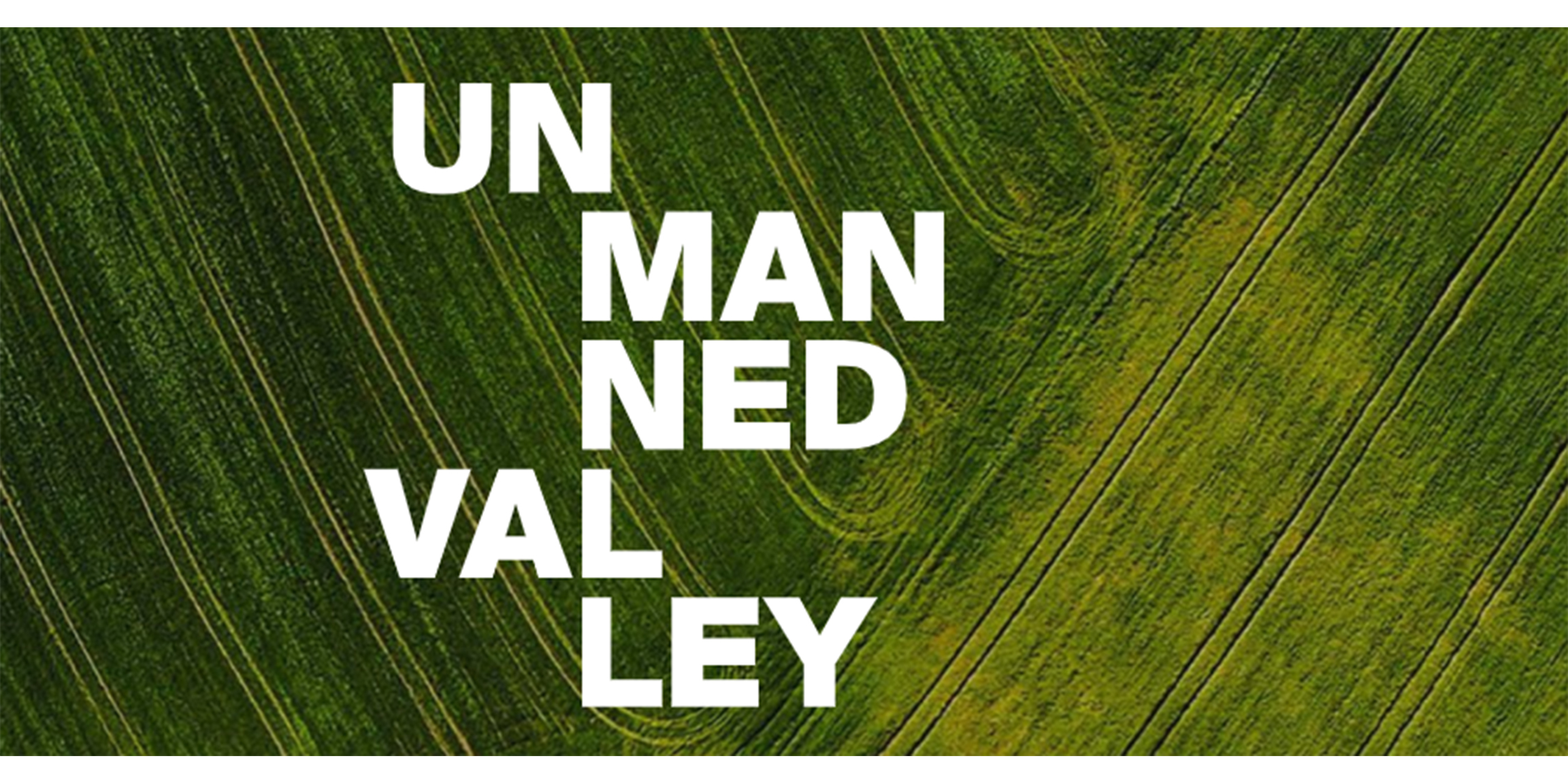Innovation clusters and field labs
What sets TU Delft Campus apart are the various innovation clusters and field labs around specific themes. These public-private testing grounds are hotspots for co-creation and speed up innovation.
Field labs are real life testing sites where various parties collaborate to develop, test, learn to implement and scale-up new technologies for commercial applications. Our field labs and innovation clusters bring together researchers, students, entrepreneurs and companies and enable them to accelerate innovation. Thanks to the close involvement of researchers, the industry, government agencies and end-users, these innovations can be brought to society faster.
Are you interested in participating in one of our innovation clusters or field labs? Find out more below.
A selection of TU Delft Campus field labs and innovation clusters
The Green Village
A sustainable future requires innovative ideas. At The Green Village, knowledge institutions, businesses, governments and citizens research, test and improve innovations that contribute to making the built environment energy-efficient, climate-proof and circular. This unregulated “open-air laboratory”, where we conduct tests at neighbourhood, street and building level, is located in the middle of the TU Delft Campus. With TU Delft’s innovation ecosystem just around the corner, science is always close by. People live, work and learn at The Green Village.
Floodproof Holland
Flood Proof Holland is a field lab within the VPdelta innovation programme, focused on water safety and reducing flood risks. Here, various parties work together on innovative solutions, such as temporary flood defences and new sensor technology. There are many modular and flexible flood defences available as an alternative to traditional sandbags. These can be quickly and easily transported, assembled and deployed in the event of imminent flooding.
Diergaarde Blijdorp
Since 2014, Blijdorp Zoo has served as a field lab for Delft University of Technology, within the VPdelta innovation programme. The zoo provides a unique setting for entrepreneurship, research and education in the field of sustainable urban water management. The waterways and ponds are part of the urban water system and form links in the local ecosystem. This makes it an ideal place for research and for entrepreneurs to test their innovations to improve the water management of the future.
Do IoT Fieldlab
Do IoT Fieldlab accelerates innovations in the field of Internet of Things. Entrepreneurs and scientists experiment with new digital applications under realistic conditions, with 5G and other technologies for improved connectivity. The fieldlab is also involved in the development of the Dutch national 6G testbed.
SAM XL
As an expertise centre for smart manufacturing robots, SAM XL forms a unique link between TU Delft faculties, the manufacturing industry and suppliers. Using self-developed software and hardware, the fieldlab enhances the intelligence, connectivity and flexibility of industrial robots. New technologies are validated and demonstrated in this XL lab.
RoboHouse
RoboHouse is a fieldlab where businesses, scientists and startups can develop and test new robotic & AI technologies.
Field lab Next Aviation
At the Field lab Next Aviation, which is part of innovation programme RHIA, it is possible to develop and test under real circumstances since the lab is located on the airfield. Here, companies and knowledge institutes can collaborate to innovate parts, services and systems for flying electric or on hydrogen.
Airport Technology Lab
Part of innovation programme RHIA, is a field lab where innovative products and services for airports can be developed, tested and demonstrated. The most successful innovations will support travelers with more comfort and ease, airliners are expected to increase their flexibility and more efficient flights, and handlers can optimize their processes.
Unmanned Valley Valkenburg
Unmanned Valley is a field lab for sensor-based technologies located at the former naval air base in Katwijk. In the fast growing industry of drone and other unmanned vehicle technologies, Unmanned Valley offers indoor and outdoor facilities for companies and knowledge institutes to develop, test and implement new sensor-based solutions.
Marineterrein Amsterdam (AMS Institute)
Marineterrein Amsterdam is a test area and urban district for learning, working and living in a liveable city in which AMS Institute participates. This special and flexible approach is gradually developing the field lab into an urban district with space for open innovation, special forms of housing, sports, recreation and greenery. The impact of what we do here is noticeable in the city, in the country and in the world.

